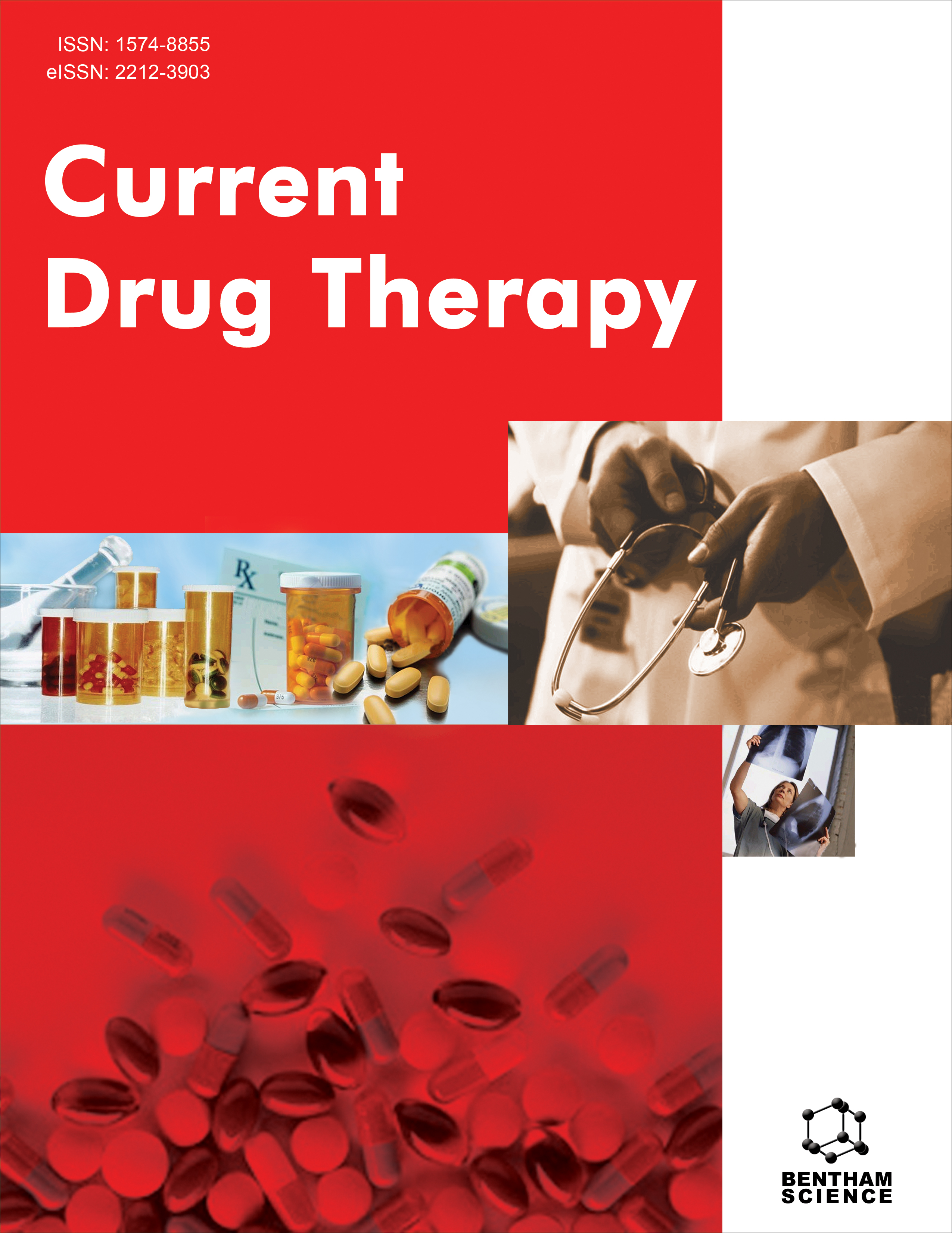-
s Pharmacological Management of Psychosis in Parkinson Disease: A Review
- Source: Current Drug Therapy, Volume 7, Issue 3, Sep 2012, p. 151 - 163
-
- 01 Sep 2012
Abstract
Psychosis in Parkinson Disease (PDP) is a common clinical problem and presents a pharmacological therapeutic conundrum. Many patients with PDP require anti-parkinsonian drugs for motor control, but the use of these medications has been associated with worsening of the psychotic symptoms. Differences from other psychotic disorders include the association with the use of anti-parkinsonian drugs, and the common presentation with visual hallucinations. Understanding of the pathophysiology of this phenomenon in PD has grown over the last few decades with the realization that the dopaminergic system is not the sole player. This has led to pharmacological research beyond antipsychotics. In this article we review the general management of PDP, the available evidence for the pharmacological management of PDP, and the medications profile and safety. Useful tables, practical recommendations and treatment algorithm are proposed.


